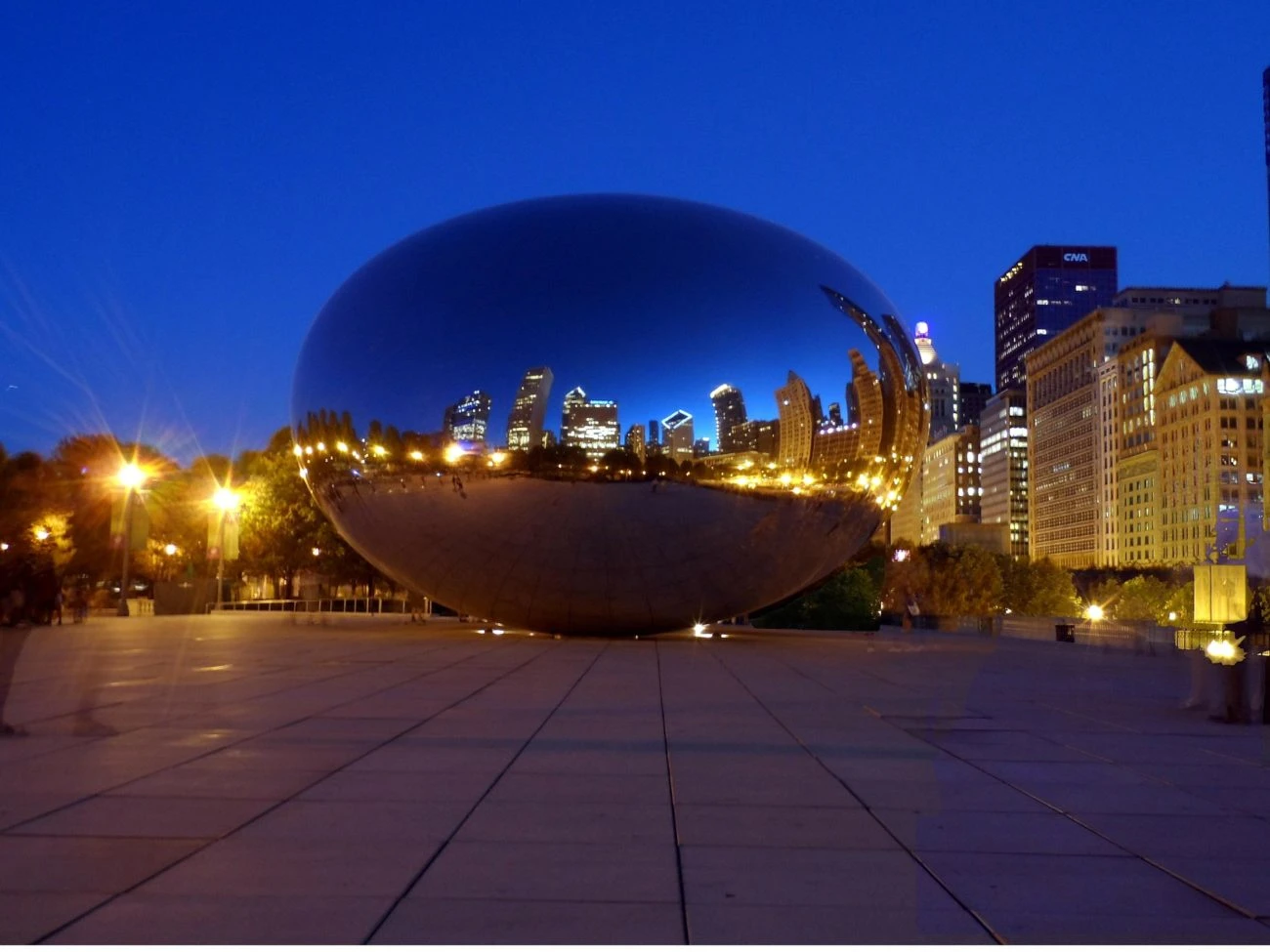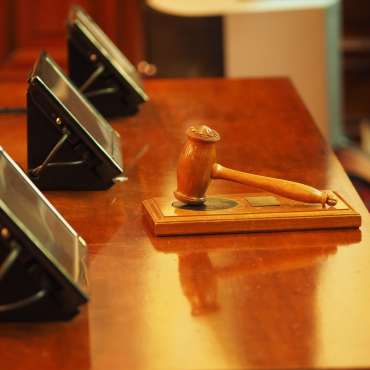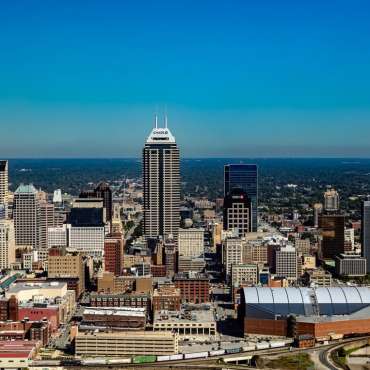The decision by lawmakers in Illinois to push ahead with an increase in sports betting tax could push other states across the US to take similar action, an analyst from consultancy B Global has warned.
Last week, the Illinois house of representatives passed a progressive wagering tax rate. This will see the state’s most prolific sports betting operators pay tax at 40%, a sharp rise from the current rate of 15%.
The new-look structure sets rates at between 20% and 40%, depending on each operator’s adjusted gaming revenue (AGR). Operators posting more than $200m (£157m/€184m) face the highest rate of 40% – the second-highest tax rate in the US behind New York at 51%.
Other boundaries include a 20% tax rate for operators with an AGR of under $30m, 25% for between 30m and $50m, 30% for AGR ranging from $50m to $100m and 35% for AGR of $100m to $200m.
The proposal, which forms part of the FY2025 budget in Illinois, is now with Illinois’ governor, JB Pritzker, for sign-off. Should Pritzker decide to pass the law, the new rates will come into effect from 1 July.
Potential knock-on effect of betting tax increase
Brendan Bussmann of B Global, a consultancy serving the gaming, sports and hospitality industries, has now tabled further concerns through a note from Truist. These primarily relate to the knock-on effect the increase could have, saying further states could follow suit with similar increases.
“With Illinois the second state to increase its tax rate [after Ohio raised its rate from 10% to 20% in 2023], investors have an increased concern around contagion,” Bussmann said.
Singling out other states, Bussmann highlights recent activity elsewhere that could signal a move to higher taxes. Massachusetts considered a hike this year, although it was quickly rejected, with Bussmann saying this is unlikely to pass in the future.
Bussmann said there has also been talk about a hike in New Jersey. However, he believes this is unlikely given how seasoned the state is with governing gaming policy. In addition, he referenced Pennsylvania as a possible candidate, but said attention here is more likely to be on the proliferation of skill-based games.
Higher taxes punish largest contributors in Illinois
Bussmann, himself a proponent of lower tax operating environments, also criticised Illinois for going after the most lucrative operators. He noted how the higher tax rates will hit the operators that already contribute the most tax revenue in the state.
He also warned that pushing up taxes could have a negative impact on the overall market in Illinois. With operators facing higher costs, this may see them withdraw promotions, cut back on their offering and offer worse odds.
DraftKings and FanDuel Group’s parent company Flutter Entertainment both saw their stock price decline when the plans were announced. DraftKings and Flutter would be facing the highest rate of tax, with both having AGR in excess of $200m.
In addition, Bussmann went as far as to say that the rise would be most beneficial for offshore betting operators. As these brands do not pay tax, any potential exit of licensed operators from the market would push more traffic their way.
What is happening elsewhere?
Longer term, Bussmann worries states yet to legalise betting will institute higher tax rates at conception without understanding industry dynamics.
Among the states yet to legalise wagering are Minnesota, which ran out of time in the latest legislative session, and Georgia, and Missouri, where a ballot initiative aimed at this November’s ballot will likely face strong opposition from land-based casinos.
Bussmann said California and Texas continue to be key states to watch, given their size and the potential impact on the overall legal gambling picture in the US. According to Bussmann, California is having productive conversations around sports betting being on the ballot in 2026. However, he adds that a 2028 move is more likely, given ongoing tribal opposition.
As for Texas, opposition from Governor Greg Abbott to legal gambling means any move is unlikely for several years, perhaps until as far ahead as 2027.
Elsewhere, Bussmann notes the decision by the DC Office of Lottery and Gaming to switch from Gambet DC to FanDuel. This, he says, has seen an immediate pickup in traction – to the point where there is now talk of opening up the market to other operators.
Could we see more legal igaming?
Away from sports betting, Bussmann acknowledges an effort by Arkansas to consider legal igaming earlier this year. However, this ultimately came to nothing, with Bussmann saying legalisation is not likely to be imminent,
Maryland also failed to get igaming across the line during the last session, although the state continues to face budget constraints potentially driving the conversation.
In addition, Illinois itself remains a candidate for legalising igaming, with Bussmann expecting the state to make a move at some point. However, he recognises how other legal activity in the state could slow progress.
Alongside the higher sports betting tax, Illinois faces expanding video gaming terminals into Chicago and Bally’s building a land-based casino in the downtown region.




